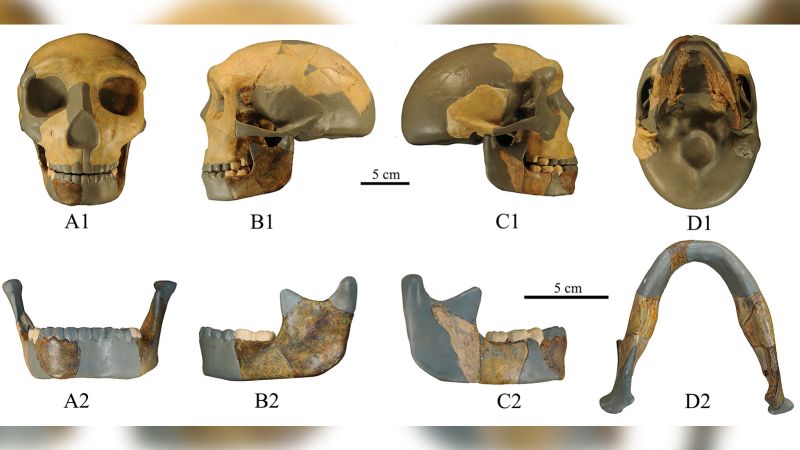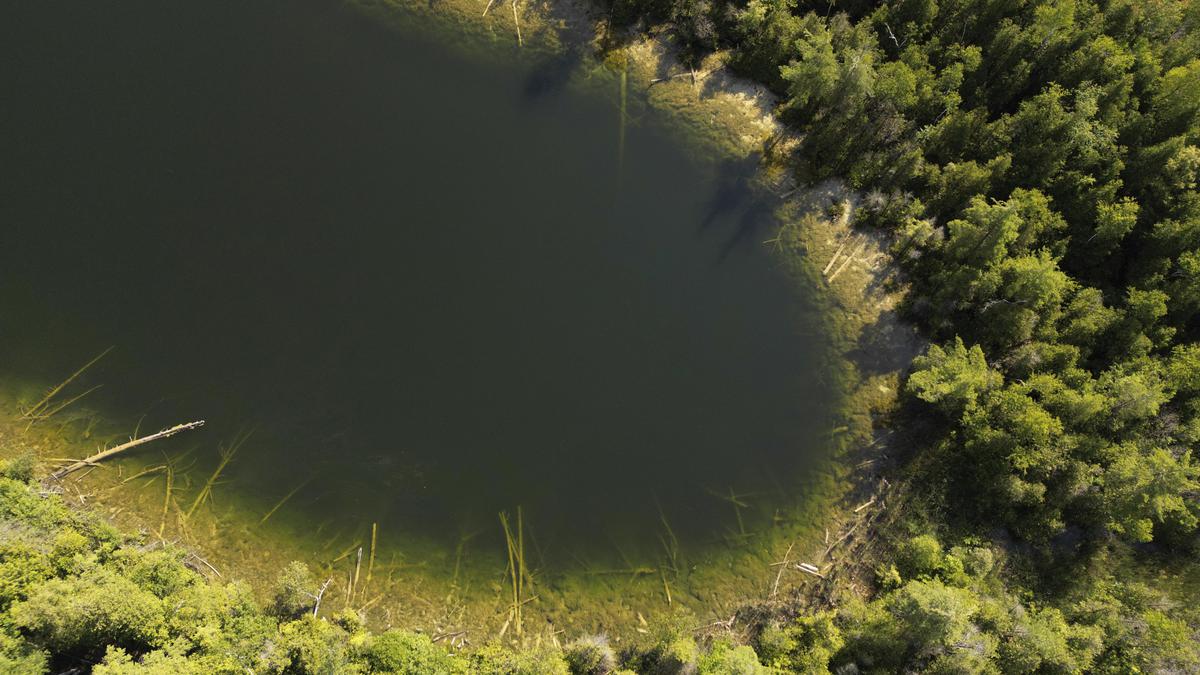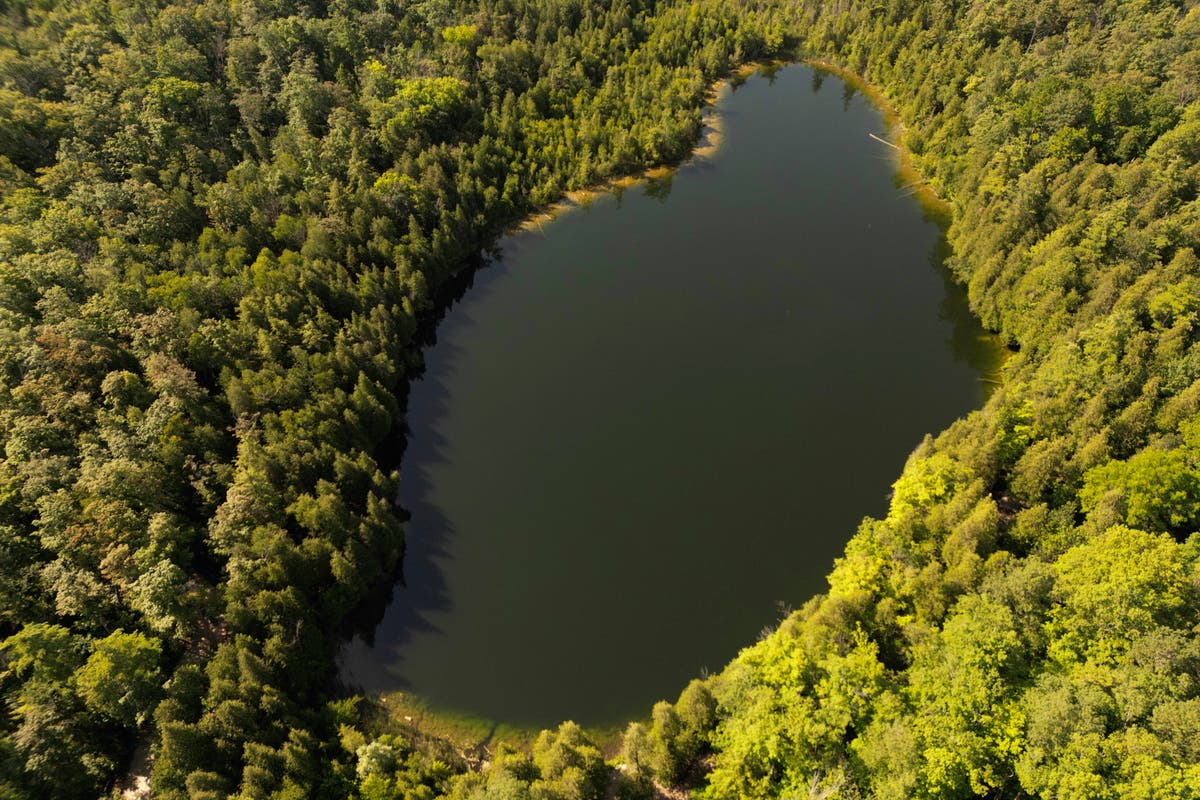
Did climate contribute to the emergence of modern-day humans? Scientists now have answers
India TodayThe story of human evolution on a planet that has just been a few billion years old has always been intriguing and a team of scientists have now found how climate and other planetary conditions influenced their movement on the surface. They used South Korea’s fastest supercomputer named Aleph to simulate Earth’s climate history over the past 2 million years along with a database of well-dated fossil remains and archeological artifacts. "Even though different groups of archaic humans preferred different climatic environments, their habitats all responded to climate shifts caused by astronomical changes in earth’s axis wobble, tilt, and orbital eccentricity with timescales ranging from 21 to 400 thousand years," Axel Timmermann, lead author of the study and Director of the IBS Center for Climate Physics said in a statement. The research, going beyond early human habitats, and times and places of human species’ origins, also addressed how humans may have adapted to varying food resources over the past 2 million years. The team also concluded that early African hominins around 2-1 million years ago preferred stable climatic conditions.
History of this topic

‘A thunderous warning message’: Climate change drove our ancient human ancestors to extinction, study finds
The IndependentDiscover Related
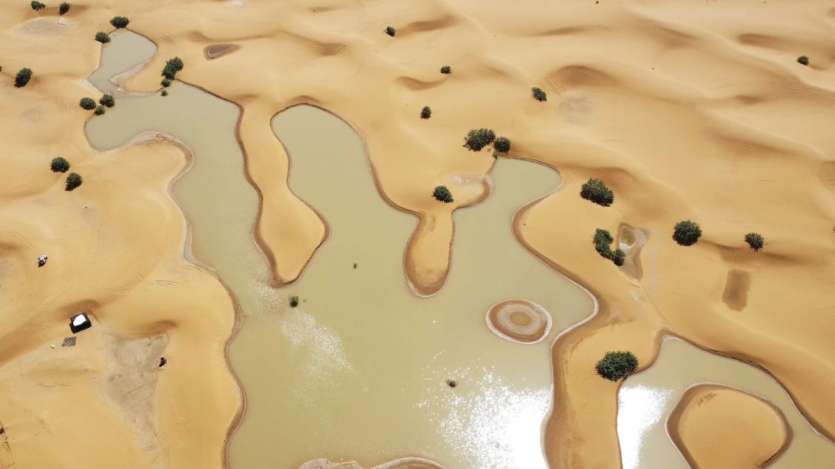


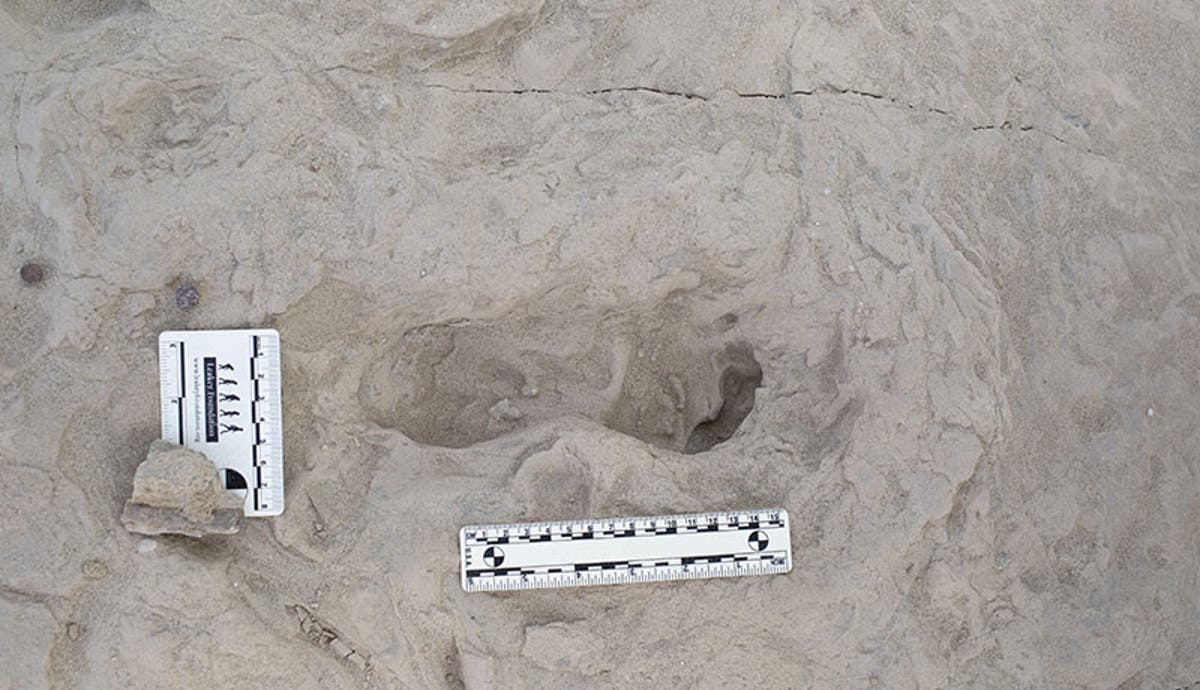










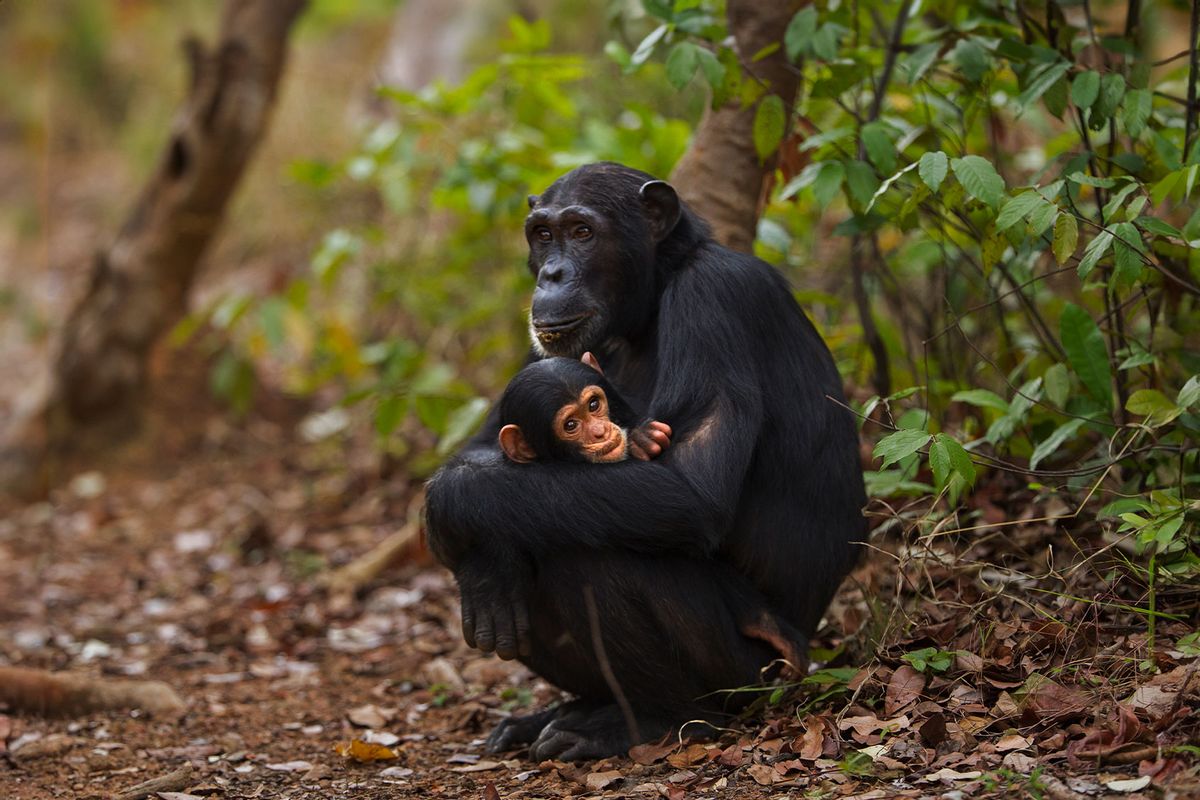

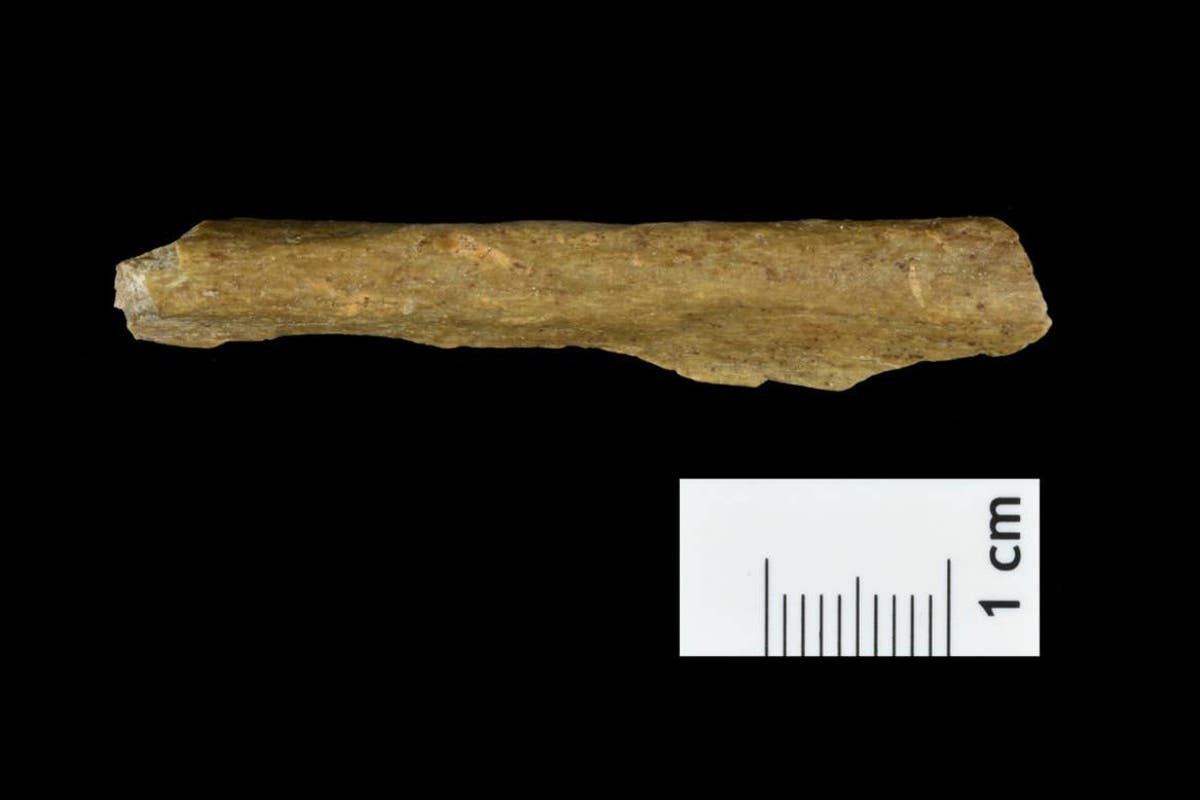







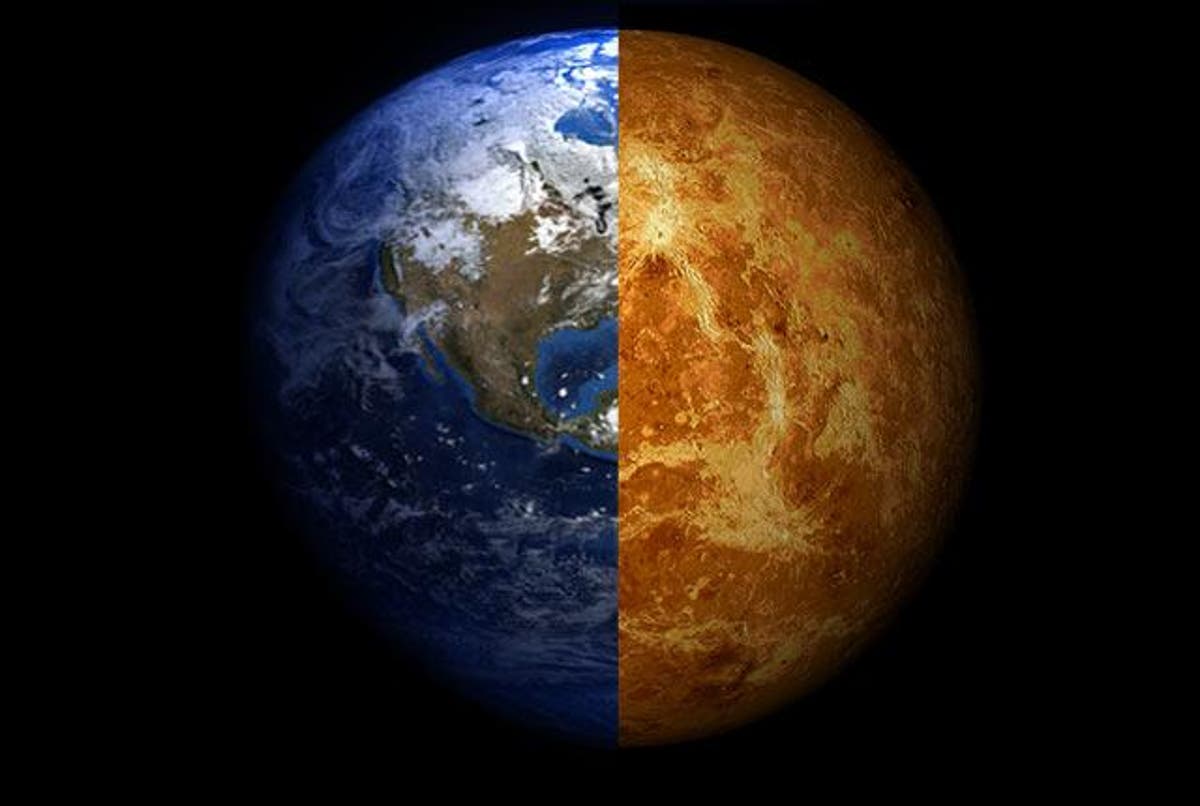
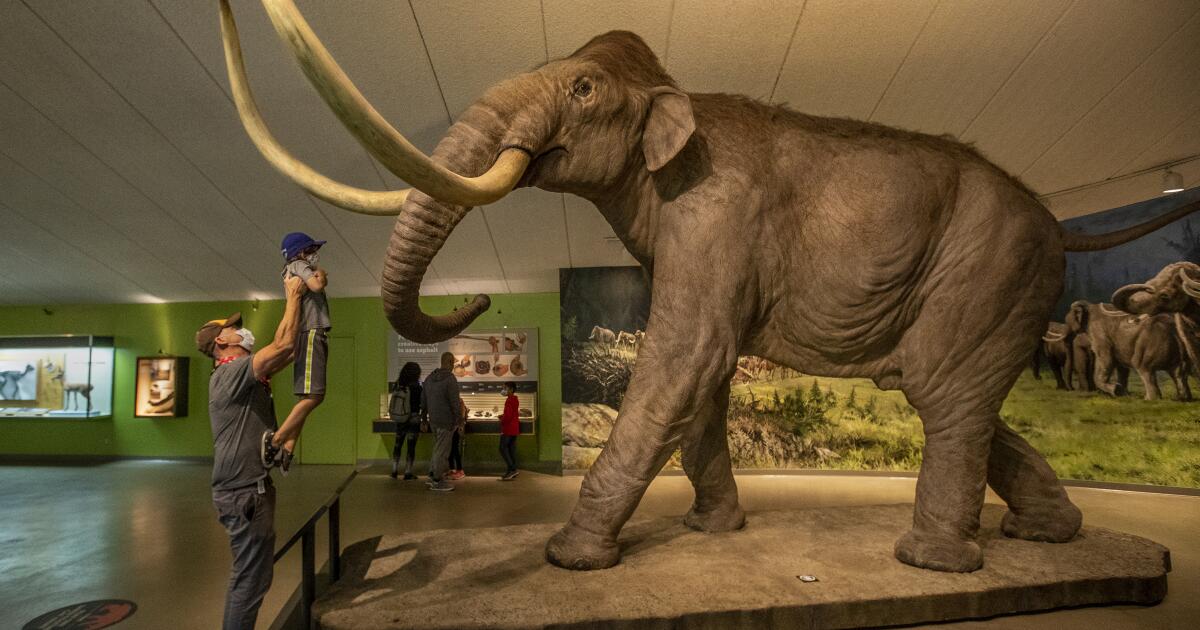

)


